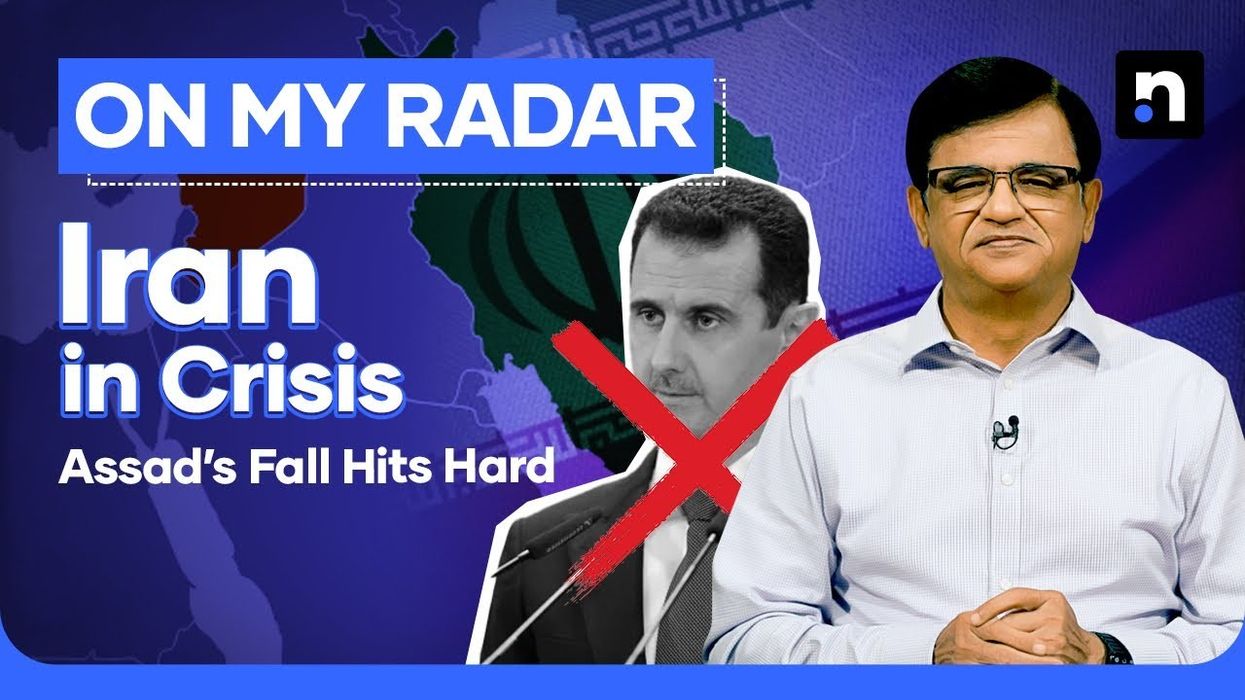Assad's fall reshapes Middle East, weakens Iran's influence
Kamran Khan analyzes Iran's struggles after Assad's ouster, as Gulf states and Turkey rush to fill Syria's power vacuum
News Desk
The News Desk provides timely and factual coverage of national and international events, with an emphasis on accuracy and clarity.
The fall of Bashar al-Assad's government in Syria has upended Middle Eastern politics, triggering a seismic shift in the region's balance of power.
The Assad regime collapsed after 13 years of civil war, ending the Assad family's 54-year rule in Syria. Rebel group HTS, led by Abu Mohammad al-Golani, declared victory on state TV, while thousands celebrated the regime's ouster. HTS, however, remains designated as a terrorist organization by the United States and United Nations.
The rapid developments dealt a significant blow to Iran, which heavily backed Assad's government as a strategic asset. Tehran had used Syria as a bridge to supply weapons and funds to Hezbollah in Lebanon and Hamas in Gaza. With Assad gone, Iran’s influence and proxy networks in the Persian Gulf region are shrinking.
Saudi Arabia, Gulf states, and Turkey are now vying to fill the void. Turkish President Recep Tayyip Erdoğan endorsed Syrian rebels’ actions, indicating Turkey's growing role in northern Syria. Ankara also plans to repatriate over three million Syrian refugees while continuing operations against Kurdish groups, which it considers terrorists.
International media, including The Washington Post and FT, highlight Iran's struggles as its massive investments in Syria now appear wasted. The loss further isolates Tehran amid existing economic crises and heightened tensions with regional rivals. Observers speculate Iran may be forced to review its strategy or face further weakening.
Russia, long a key backer of Assad, faces potential setbacks, including the closure of its military bases in Syria. Meanwhile, Israel may escalate strikes on Iran and its proxies, seizing the opportunity to weaken Tehran’s regional presence further.
Analysts warn that Iran’s mounting losses could provoke drastic responses, including nuclear weapons tests, as Tehran seeks to reassert itself. According to The New York Times, Iran now faces a critical choice: pursue dialogue or continue prioritizing its nuclear ambitions amid increasing isolation.







Comments
See what people are discussing